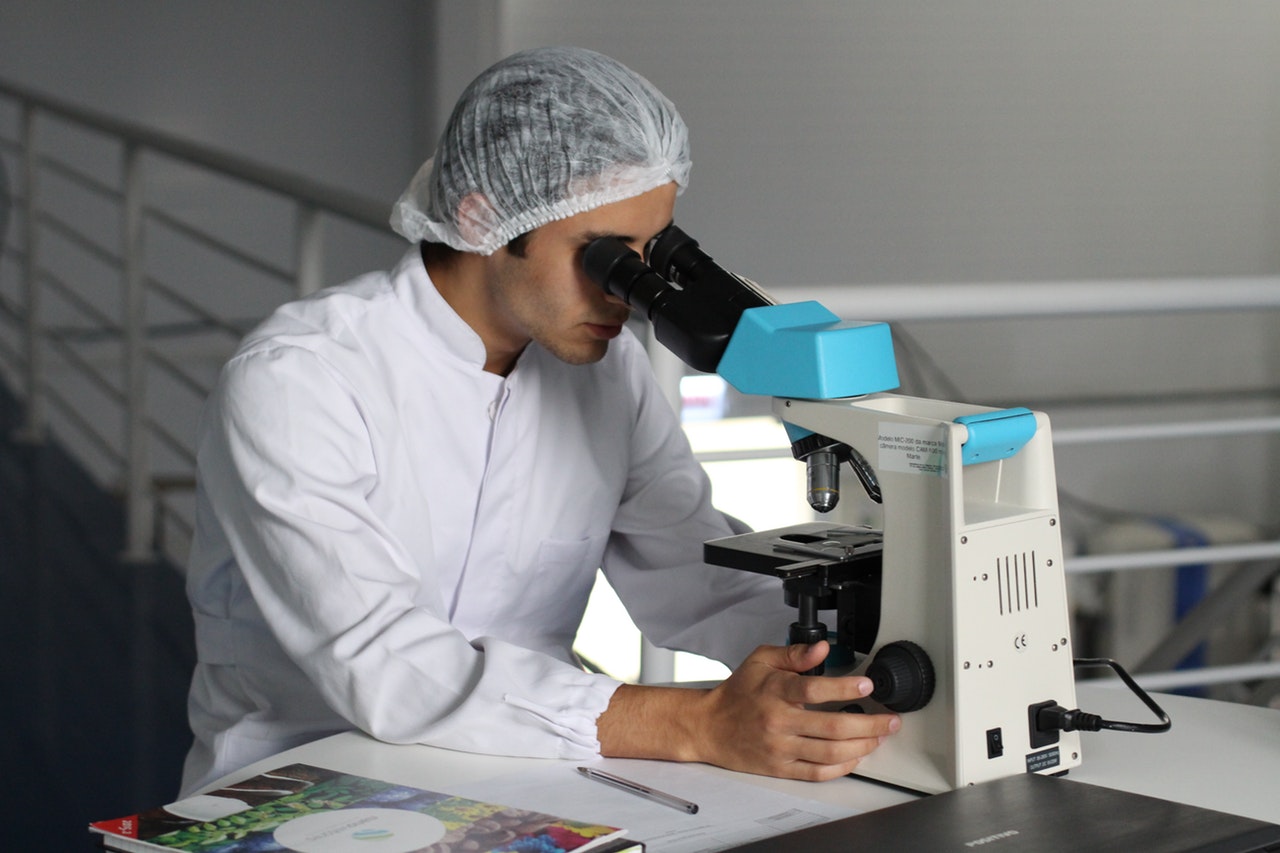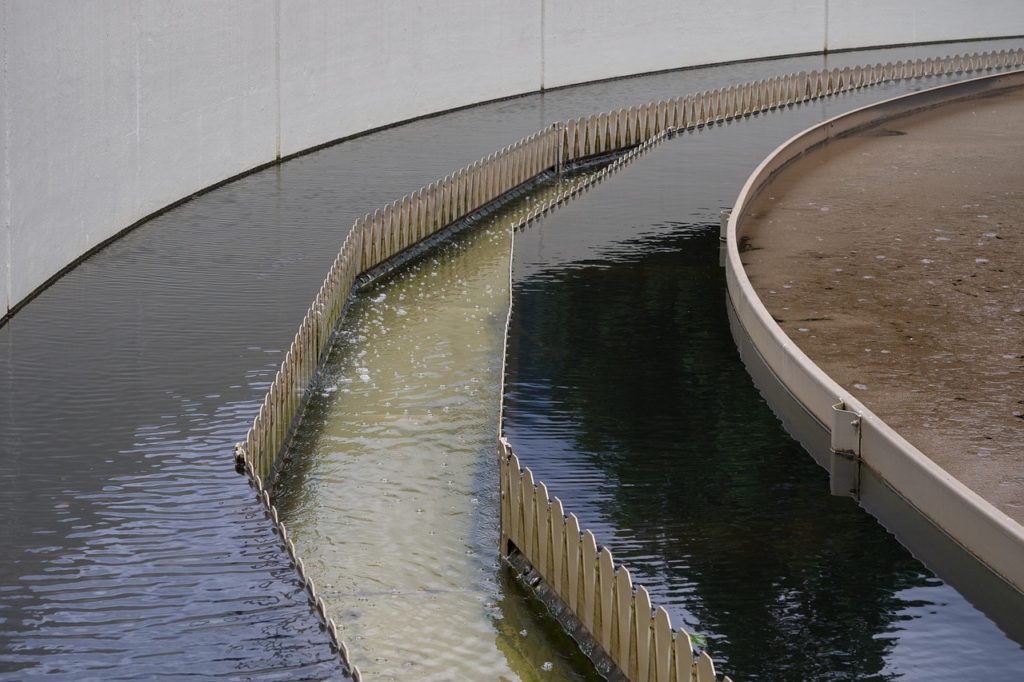
Treat Industrial Wastewater
According to The United Nations, the amount of wastewater from the industries will double by 2025 and the market for wastewater treatment will significantly grow with the demand. This shouldn’t come as a surprise since these wastewater purification technologies can provide huge cost reductions and improve our water independence instead of being costly to operate and dispose of. Besides, wastewater has a huge impact on the environment, especially if it’s dumped without any previous treatment.
If any treatment is done, it usually includes the use of chemicals that eliminate water pollutants but leave the water contaminated with toxic matter. However, there are industrial water treatment methods which don’t involve the use of chemicals and still leave the water clean and reusable for many processes.
What is wastewater treatment?
The term “wastewater treatment” usually denotes a process that includes converting water that is unsuitable for further use into water that can be reused or disposed back into the environment without causing any harm to the ecosystem. This process usually involves so-called “physical treatment” which means the use of chemical reactions and physical processes to clean the water. These chemicals and processes help adjust the pH value of the water and change the ionic charge.
Why treat wastewater?
Even after the invention of all of the different ways of wastewater purification, most of it still ends up in the rivers and seas completely untreated. This untreated wastewater reduces the overall quality of water and can even contaminate underground water sources. On the other hand, animals and plants that live in the watercourses require clean and fresh water to survive and maintain the balance in the ecosystem. Also, all species of animals and plants, and humans that live near these bodies of water also depend on these clean water sources.

Why is the chemical way of treating wastewater harmful?
Most of the treatments for industrial wastewater involve the oxidation. The American Institute of Chemical Engineers explains the process as the addition of oxidizing agents (chemical ions) through many different techniques of oxidation. According to many studies and findings, the most effective and widely used oxidation technique is chlorine-based oxidation. However, since chlorine is highly toxic, the transportation, storing and use of this chemical poses a significant health and safety hazard during the oxidation treatment.
This typical way of wastewater treatment also uses a lot of energy that releases large amounts of CO2. Chlorination also creates toxic by-products that can harm the environment. Additionally, chlorine disinfection isn’t very effective in pathogen inactivation. All of these problems listed above call for a new and more eco-friendly way of tackling the issue of industrial wastewater.
Is treatment without chemicals possible?
It’s possible to employ other types of wastewater decontamination that don’t require the use of chemicals, but this greatly depends on the type and amount of contamination. However, as every branch of the industry today strives to become as environmentally-friendly as possible, green wastewater treatment is getting more and more coverage. Now, industries and businesses have a new, greener way of treating wastewater with eco-friendly industrial UV water treatment systems. This technology is cheaper and much safer for both the environment and all the people involved in the wastewater treatment process. It’s no wonder it’s quickly becoming one of the more popular water decontamination ways.
Why is UV a good solution?
The reason why UV is so effective is that it operates on DNA level. Bacteria, viruses, spores and other pathogens absorb the high energy from UV light that causes abnormalities in their DNA that renders the microorganisms incapable of reproducing and infecting others. The best thing is that the UV-purified water doesn’t have increased toxicity levels and it can even be used for irrigation. Additionally, these water treatment systems are easy to install, maintain and operate, which is a huge plus for many businesses that require wastewater treatment. And current chlorine disinfection systems can be adapted to UV systems very quickly and easily.
UV water treatment is the advancement everybody has been waiting for. This greener approach to wastewater handling is something that can benefit businesses, workers, watercourses and all people, animals and plants which live near them. And most importantly, it will help us protect our aching environment and allow our children and their children to enjoy all the beauties of our Mother Earth.
 WhosGreenOnline.com Your Online Magazine and Directory for Green Business, Product, Service and News!
WhosGreenOnline.com Your Online Magazine and Directory for Green Business, Product, Service and News!


